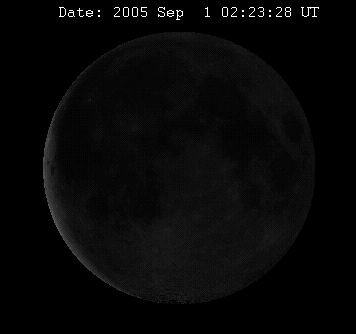
Perigee
Encyclopedia

The Greek
Modern Greek
Modern Greek refers to the varieties of the Greek language spoken in the modern era. The beginning of the "modern" period of the language is often symbolically assigned to the fall of the Byzantine Empire in 1453, even though that date marks no clear linguistic boundary and many characteristic...
prefix "peri" means close or near. The suffix "gee", derived from Gaea, means Earth. Merriam-Webster
Merriam-Webster
Merriam–Webster, which was originally the G. & C. Merriam Company of Springfield, Massachusetts, is an American company that publishes reference books, especially dictionaries that are descendants of Noah Webster’s An American Dictionary of the English Language .Merriam-Webster Inc. has been a...
says word comes from Middle French
Middle French
Middle French is a historical division of the French language that covers the period from 1340 to 1611. It is a period of transition during which:...
, based on earlier Latin and Greek phrases.
Perigee is part of the broader family of "apses
Apsis
An apsis , plural apsides , is the point of greatest or least distance of a body from one of the foci of its elliptical orbit. In modern celestial mechanics this focus is also the center of attraction, which is usually the center of mass of the system...
", astronomical terms which denote distances of orbiting bodies. Since all orbits are elliptical, each orbit contains both a nearest point and a farthest point.
External links
- Apogee - Perigee Photographic Size Comparison

